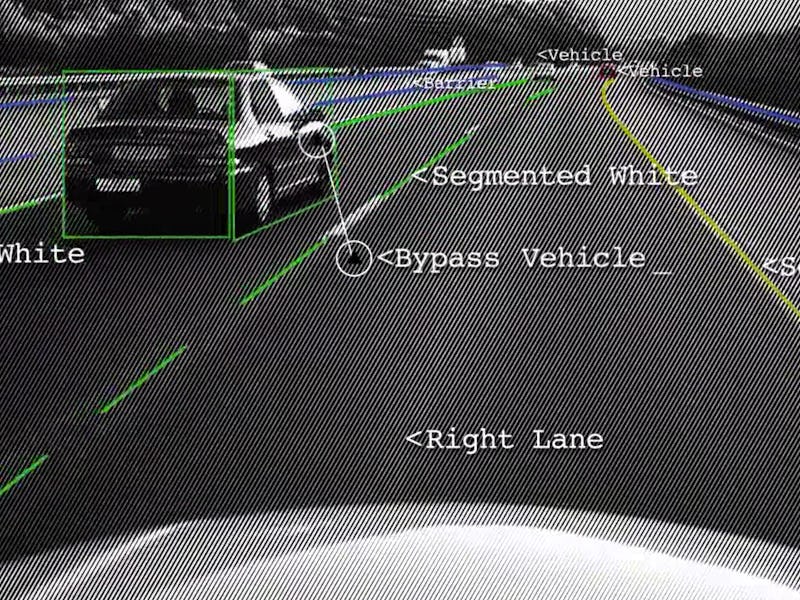Reinforcement Learning Will Bring Autonomous Cars to the Masses

The human brain can take in a lot of information about the scene in front of it to make decisions. A deer jumps out in front of the car? Slam on the brakes. A car is slowing down up ahead? Change lanes.
For autonomous vehicles, these decisions aren’t so easy. We may not register that our brains are even processing all the information necessary to take action, but autonomous systems have to take a lot of variables into account before applying the brakes. If the system doesn’t read the road correctly, fatal crashes can result. A story published in MIT’s Technology Review on Monday describes how automotive tech company Mobileye is using reinforcement learning to train the artificial intelligence behind autonomous vehicles. This method relies on real-world driving data, and the larger the data set, the faster the A.I. learns how to avoid crashes. There’s one problem, though. Competitive car companies don’t want to share.
Right now, software engineers have to account for every possible scenario and program the car to deal with them. But in the real world, the roads are a highly dynamic and varied environment. There’s no way for engineers to anticipate every possible situation.
Rather than program cars to anticipate every scenario, engineers can program cars to learn how to navigate scenarios on their own. Reinforcement learning essentially trains autonomous vehicles by rewarding good results. After experimenting and not crashing, the car learns what to do in a variety of situations and can apply that to future scenarios.
The key to reinforcement learning for autonomous vehicles, though, is data. Lots and lots of data. For cars to learn about all the different scenarios it could possibly encounter, data collected in the real world needs to be made available to car software for it to virtually learn what to do.
Getting car companies to share their data is the big challenge. Competitors aren’t known for sharing what makes their cars tick. But if they do open up their data to companies like Mobileye, then vehicles that can drive themselves (at least on the highway) are going to be a reality a lot sooner.